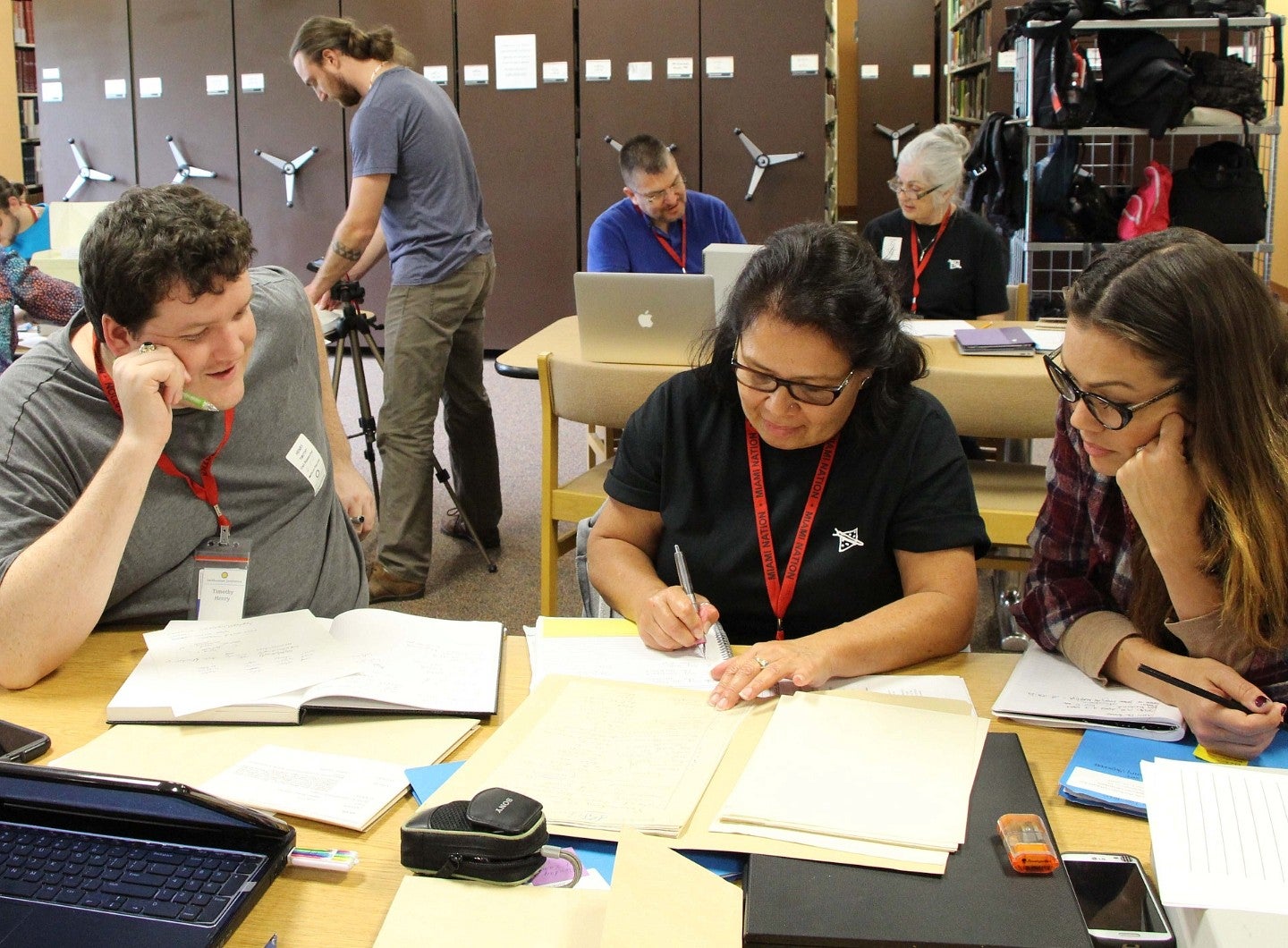PIs: Gabriela Pérez Báez and Melissa Baese-Berk
In 1976, Native American and Alaskan Native students made up just 0.7% of college enrollment in the U.S. Forty years later, the representation of Native American students increased to only 0.8%. Considerable research over recent years has brought attention to the priority of higher education becoming accessible to underrepresented groups, so Gabriela Pérez Báez and Melissa Baese-Berk, associate professors of linguistics, aim to address this priority.
With a three-year $342,000 grant from the National Science Foundation, Pérez Báez and Baese-Berk are creating a research experience that focuses on making higher education and STEM accessible to, and informed by, Native American students. Recent studies show that Native American students make up only 0.3% of STEM and engineering degree holders. The goal of the program is to increase the diversity of the field.
“By focusing on improving diversity in participation in STEM, we also improve diversity of ideas that are investigated in research, which would benefit both the academic community and society in general,” Pérez Báez said.
The funding allows the program to run for three summers, hosting eight Native American college students for eight weeks each session. Through the lens of linguistics, the students will be given a culturally responsive introduction to STEM that uses their personal experiences to build a path toward career opportunities in science and academia.
“By combining a focus on both language documentation and laboratory approaches to language research, we are able to provide a compelling introduction to STEM for our participants,” Baese-Berk said. “This project also links to the university’s commitment to improving representation for American Indian and Alaska Native individuals in academia and has the potential to solidify UO’s reputation as an institution that cares deeply about these issues.”
During the sessions, students will be exposed to the process of documentation, analysis, and revitalization of Indigenous languages, as well as methods and principles of lab-based linguistic experimentation. The program also includes participating in classroom work, mentored research experiences, academic development workshops, introduction to careers in science, and capstone projects.

